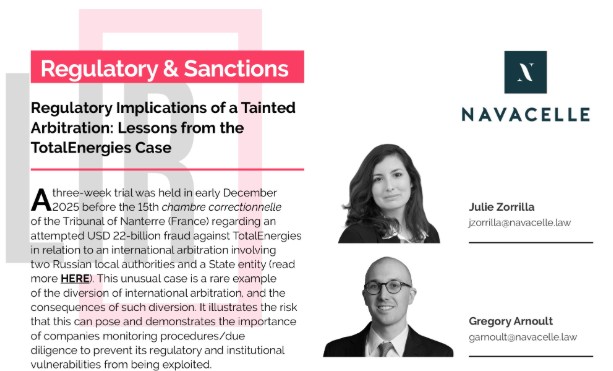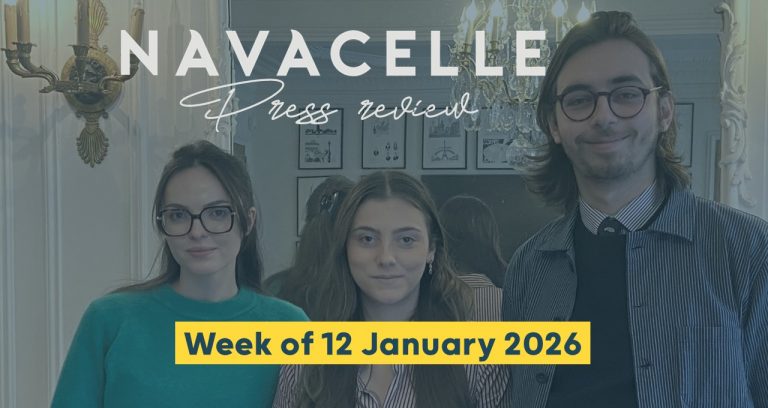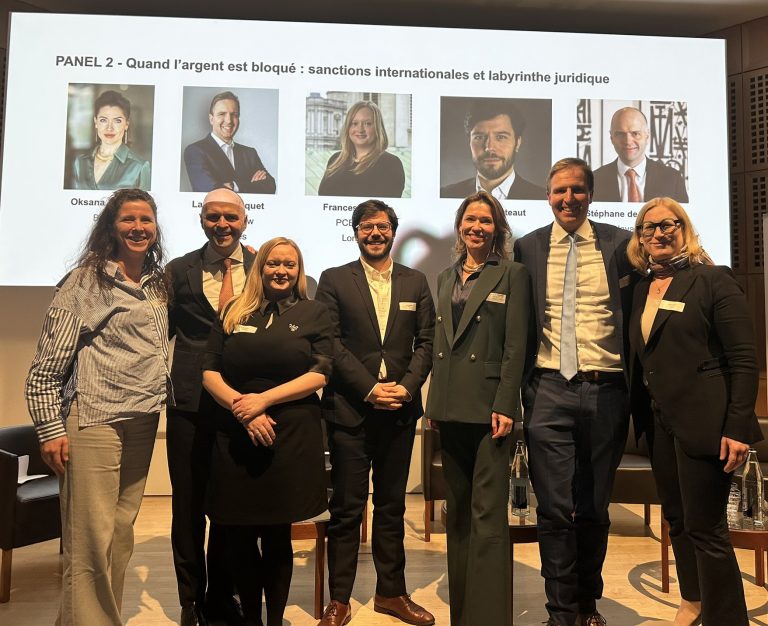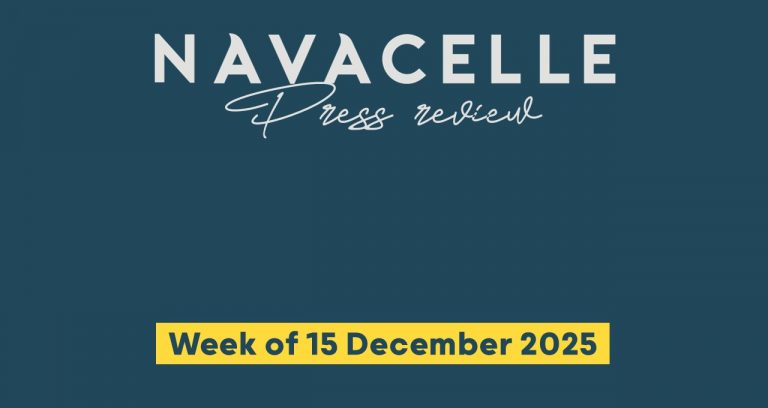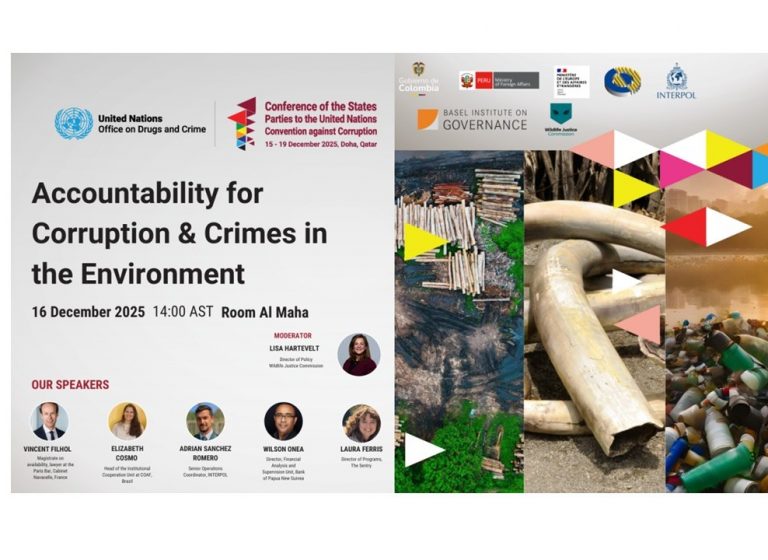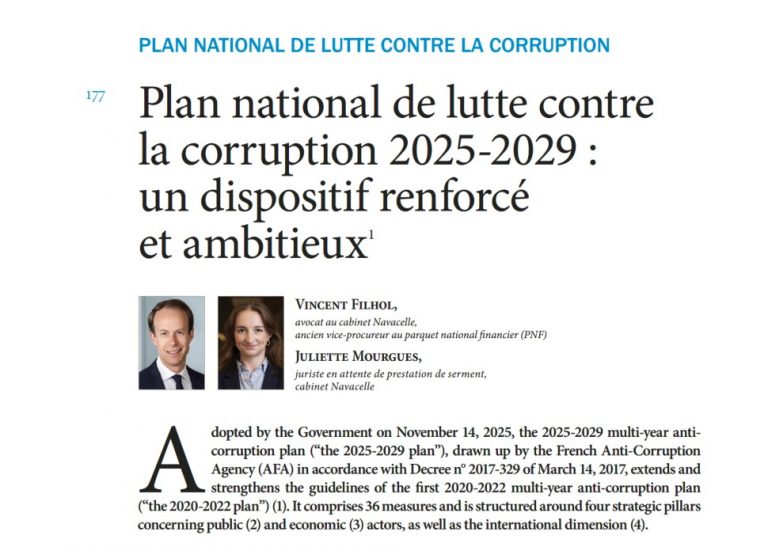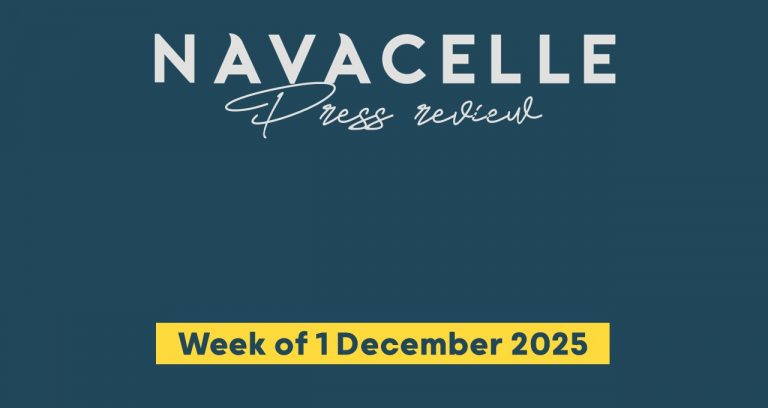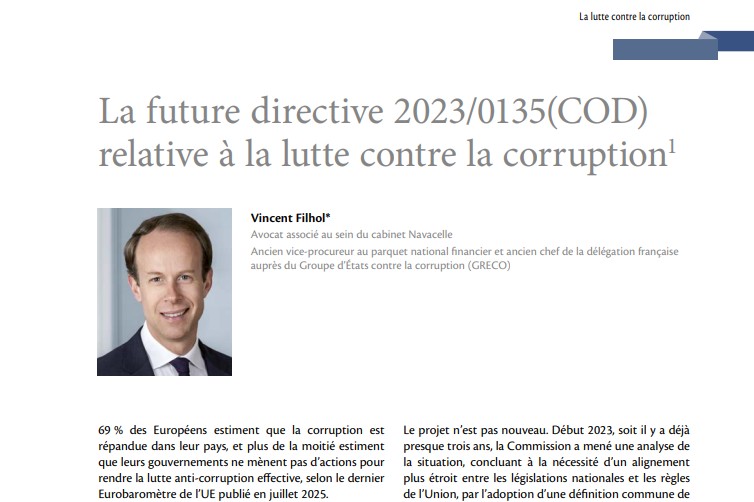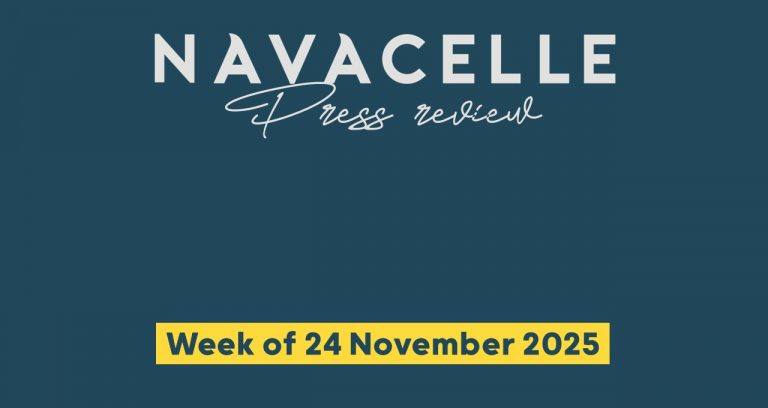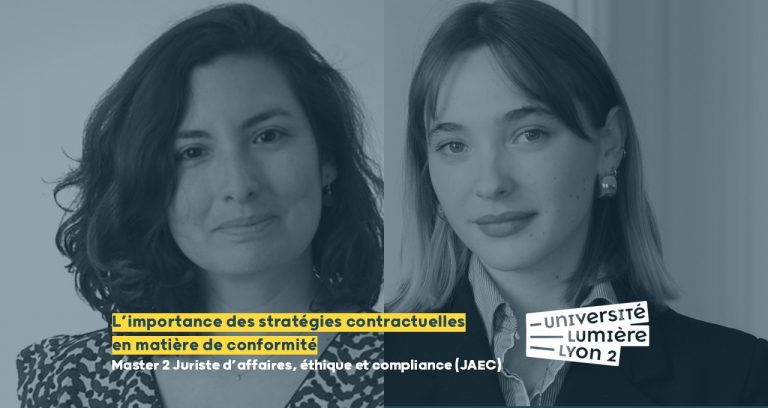#Ethics and Compliance:
QPC: Notification of the right to remain silent in CNIL sanction proceedings.
On 8 August 2025, the Constitutional Council, acting on a priority question of constitutionality (decision No. 2025-1154 QPC), ruled that Article 22 of the 1978 “Data Protection and Freedoms” law, as applied by the CNIL’s restricted panel, violates the provisions of Article 9 of the 1789 Declaration. According to the Council, the individual targeted by the procedure, or the legal representative of a legal entity, is not informed of their right to remain silent, even though they may be asked to submit observations or be heard, which carries a risk of self-incrimination. The text was therefore declared unconstitutional, but its repeal will not take effect until 1 October 2026. Decisions issued prior to that date remain valid. In the meantime, the CNIL must inform anyone under investigation of the existence of this right. > Read article
#International Commercial dispute:
This surprising export tax imposed by Donald Trump on American chips sold to China
Nvidia and AMD have reached an agreement with the U.S. government to pay a 15% royalty on revenue from their chip sales in China. The deal comes as Beijing moves to ease restrictions on High Bandwidth Memory (HBM), an ultra-fast type of memory used with Graphics Processing Units (GPUs) that is essential for artificial intelligence applications. Since 2024, the United States has banned the export of certain advanced chips to China, including HBMs, in an effort to slow the country’s technological progress. Donald Trump ultimately approved the sale of Nvidia’s H20 chip to China in exchange for a major investment by the company in AI server infrastructure on U.S. soil. > Read article
#White collar crime:
In Milan, the triumphant urban planning of the city is overshadowed by suspicions of corruption.
As part of an investigation by the Milan public prosecutor’s office, Mayor Giuseppe Sala, along with 73 other individuals, was indicted on July 16 for “forgery and use of forged public documents” and complicity in “influence peddling”. The inquiry uncovered a corruption scheme within Milan’s real estate sector. The mayor is specifically suspected of appointing, as head of the Landscape Commission, responsible for approving certain skyscraper projects, an individual with an obvious conflict of interest of which he was allegedly aware. The accused are also charged with facilitating the illegal awarding of real estate contracts to certain property groups, bypassing urban planning regulations established by Italian law to control city development. > Read article
